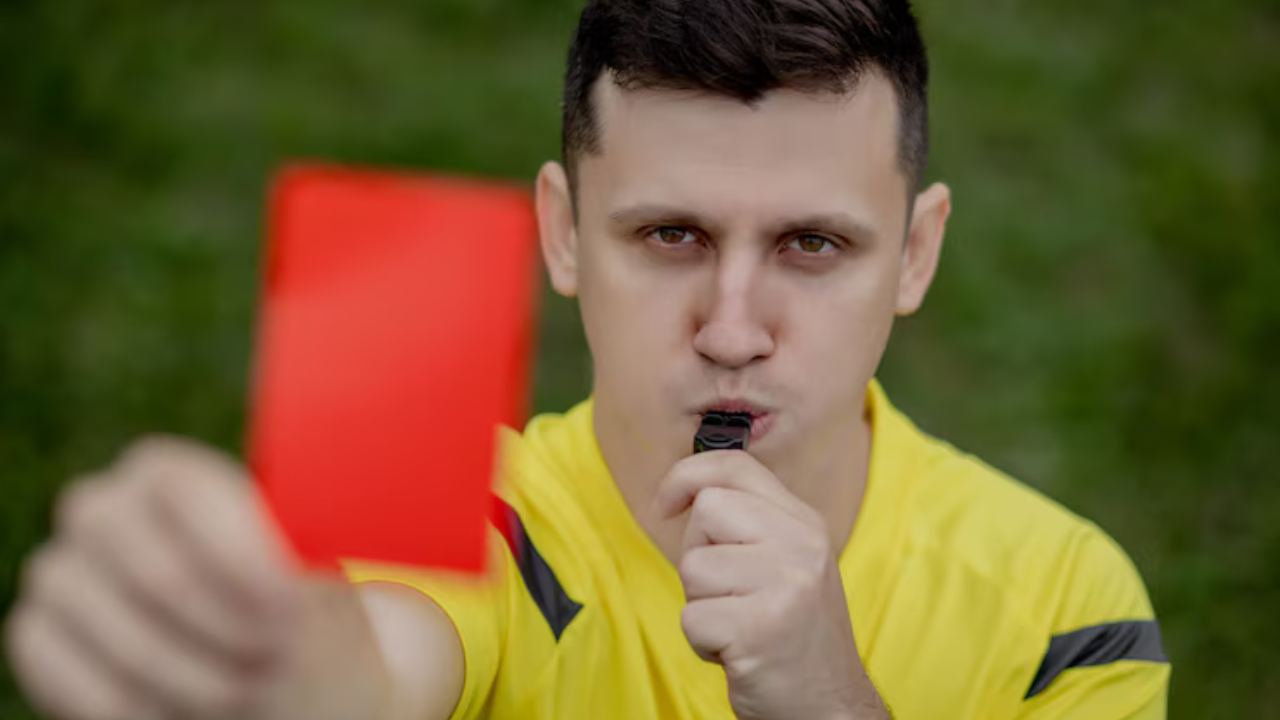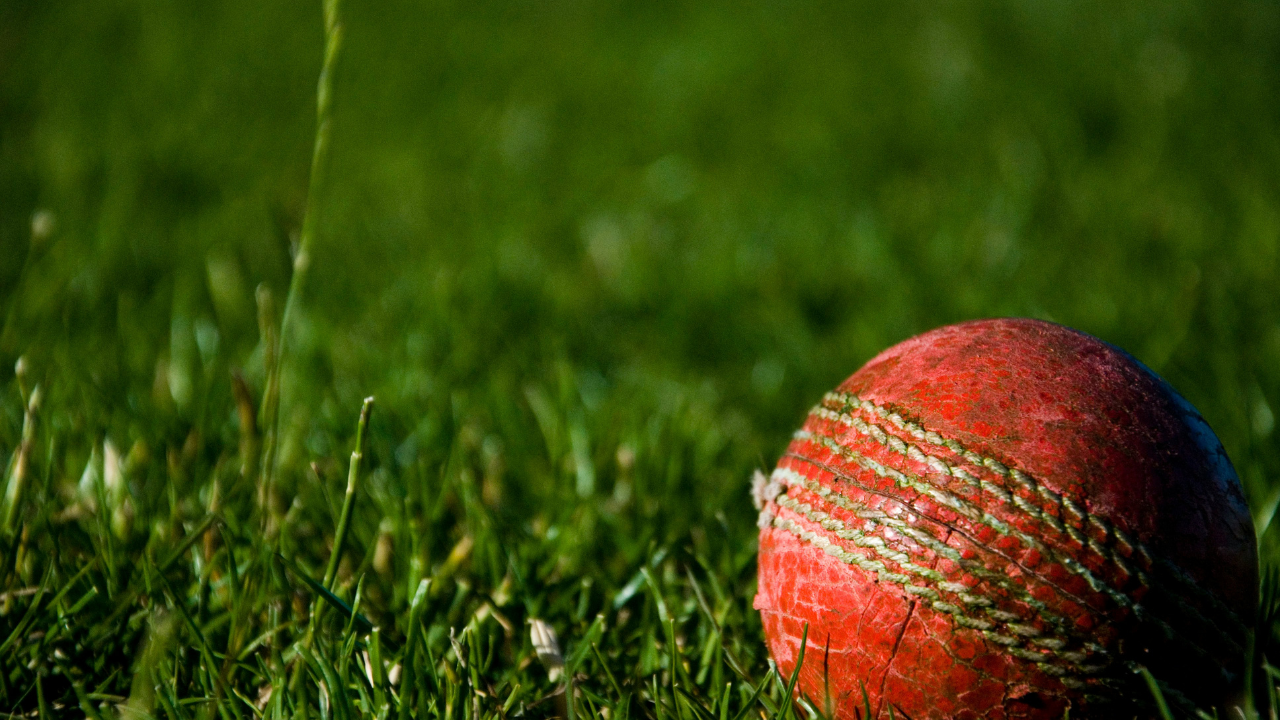The Keeper Standards Test is a pivotal moment for goalkeepers aspiring to elevate their game. It’s not just another challenge; it’s an opportunity to showcase skills, resilience, and tactical understanding on the field. For many keepers, this test can make or break their aspirations of becoming top performers. But navigating through it isn’t always smooth sailing.
Many talented keepers stumble due to common pitfalls that are easy to overlook in the heat of competition. Are you prepared to ace your keeper standards test? Understanding what traps lie ahead could be the difference between success and disappointment. Let’s dive into these mistakes so you can shine when it matters most!
Importance of the Test for Keepers
The Keeper Standards Test plays a crucial role in the development of goalkeepers. It serves as a benchmark for evaluating skills, techniques, and overall performance on the field.
Success in this test can open doors to advanced training opportunities. Coaches often use it to identify areas needing improvement and potential strengths that might be further developed.
Beyond individual growth, passing the test boosts a keeper’s confidence. This self-assurance translates into better decision-making during games.
Moreover, it’s not just about technical ability; it fosters teamwork and communication with defenders. Goalkeepers who understand their role within a collective unit enhance team dynamics significantly.
Embracing this standard elevates both personal and team performance levels. Keepers should view it as an opportunity for continuous learning rather than merely an assessment hurdle.
Common Mistakes Made by Keepers
Keepers often fall into several pitfalls that can affect their performance during the Keeper Standards Test. One of the most common mistakes is overlooking basic techniques and fundamentals. Relying too heavily on instinct can lead to missed opportunities for improvement.
Communication is another critical area where keepers stumble. Not effectively relaying information to teammates can create confusion on the field, leading to costly errors.
Additionally, losing focus and concentration during a game is a frequent issue. Distractions from the crowd or pressure from opponents may cause lapses in judgment or poor decision-making.
These mistakes are not uncommon but addressing them head-on can significantly enhance performance in this vital test. Keepers need to be aware of these shortcomings to refine their skills and elevate their game consistently.
Overlooking Basic Techniques and Fundamentals
Many keepers underestimate the importance of mastering basic techniques. These fundamentals form the foundation of solid goalkeeping.
Neglecting to practice essential skills such as catching, diving, and positioning can lead to costly mistakes in crucial moments. It’s easy to focus on advanced tactics or flashy saves while overlooking these core elements.
Regularly revisiting drills that emphasize footwork and hand-eye coordination is vital. Consistency in practice builds muscle memory, making responses instinctive during games.
Keepers should also remember that every opponent brings unique challenges. Adapting basic techniques to different scenarios requires a strong grasp of those foundational skills.
Sticking with the basics not only enhances individual performance but also boosts overall team defense. The more confident you are in your core abilities, the less likely you’ll falter under pressure during critical match situations.
Not Communicating Effectively with Teammates
Communication is the backbone of any successful team, especially for keepers. When goalkeepers fail to communicate effectively with their teammates, chaos can ensue on the pitch.
A keeper’s voice should be loud and clear. This ensures defenders know when to mark an opponent or step up during a play. If you hesitate or mumble, confusion reigns supreme.
Using specific calls helps everyone understand your intentions. Phrases like “man on” or “clear it” provide direction in high-pressure situations. Without that clarity, opportunities for opponents may arise.
Remember, teamwork extends beyond just understanding your role; it’s about being proactive in guiding those around you. A keeper who engages with their defense fosters trust and reduces errors.
Practicing communication during training sessions can help build this crucial skill. The more comfortable you become vocalizing strategies and alerts, the better prepared you’ll be during game day scenarios.
Losing Focus and Concentration during the Game
Losing focus during a game can derail even the most skilled keepers. It’s easy to get distracted by crowd noise or the pressure of the moment.
When your mind wanders, it affects your decision-making and reaction time. The slightest lapse can mean conceding a goal.
Many keepers find themselves preoccupied with past mistakes or worrying about future plays. This mental clutter compromises performance on the field.
To combat this issue, practice mindfulness techniques before games. Visualize scenarios where you stay calm and composed under pressure.
Creating routines helps too; they anchor you in the present and enhance concentration during play. Remember, staying focused is just as crucial as physical skills when taking on the keeper standards test.
Tips for Success in the Keeper Standards Test
Preparation is key. Familiarize yourself with the specific requirements of the keeper standards test. Understand what skills are evaluated and practice accordingly.
Physical fitness plays a crucial role. Work on your agility, strength, and endurance to ensure you can perform at your best during testing.
Mental preparation should not be overlooked. Visualize successful scenarios and stay positive to build confidence before the test day.
During the test, focus on communication. Engage with teammates frequently; clear directives can make all the difference in high-pressure situations.
Embrace feedback from coaches or peers after practice sessions. Constructive criticism helps identify areas for improvement that can significantly enhance your performance in future tests.
Conclusion
The Keeper Standards Test is a crucial assessment for aspiring goalkeepers. Skipping the basics, failing to communicate, and losing focus can all lead to disappointing results. By avoiding these common mistakes and honing your skills with intentional practice, you greatly enhance your chances of success.
Understanding the importance of technique and teamwork cannot be overstated. Success in this test opens doors for future opportunities in your soccer career. Keep pushing yourself, stay focused during training sessions, and collaborate effectively with teammates.
Making small adjustments can yield significant improvements. Embrace each opportunity to learn from your experiences on the field as you prepare for the Keeper Standards Test. Your dedication will shine through when it matters most, setting you apart as an exceptional goalkeeper ready to take on any challenge that comes your way.











